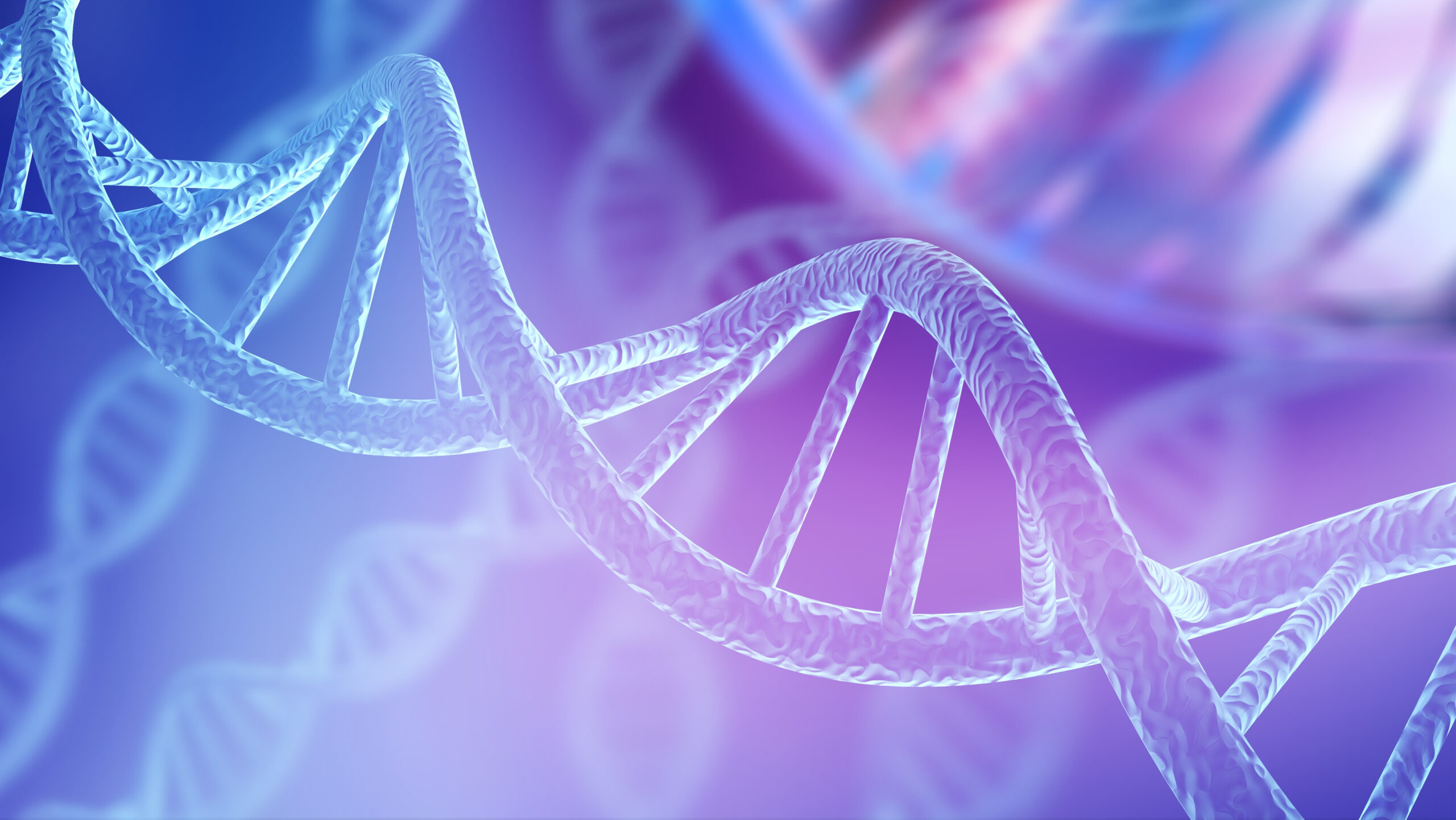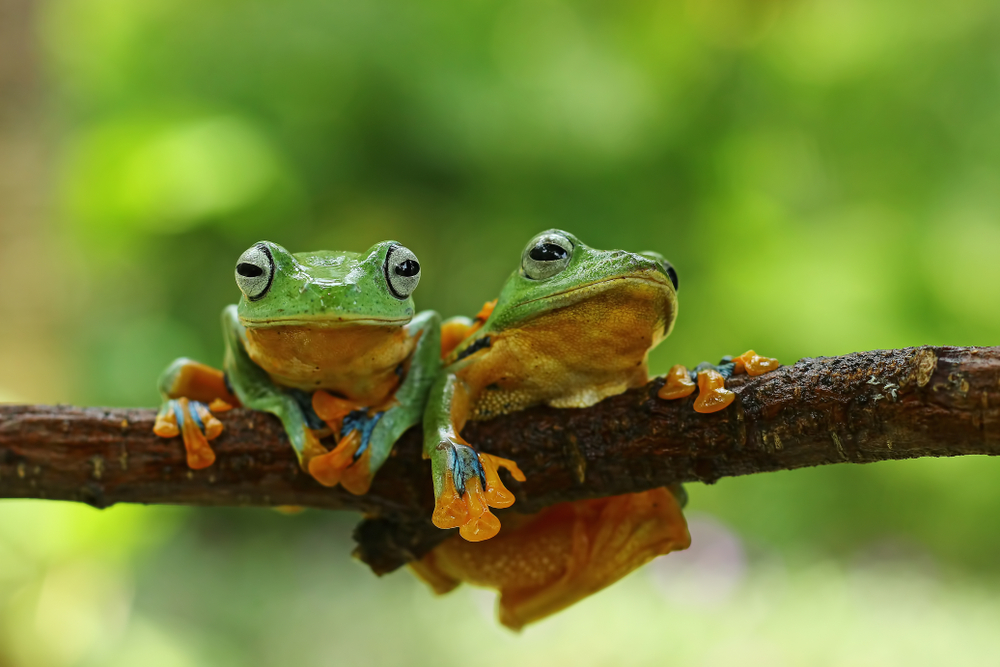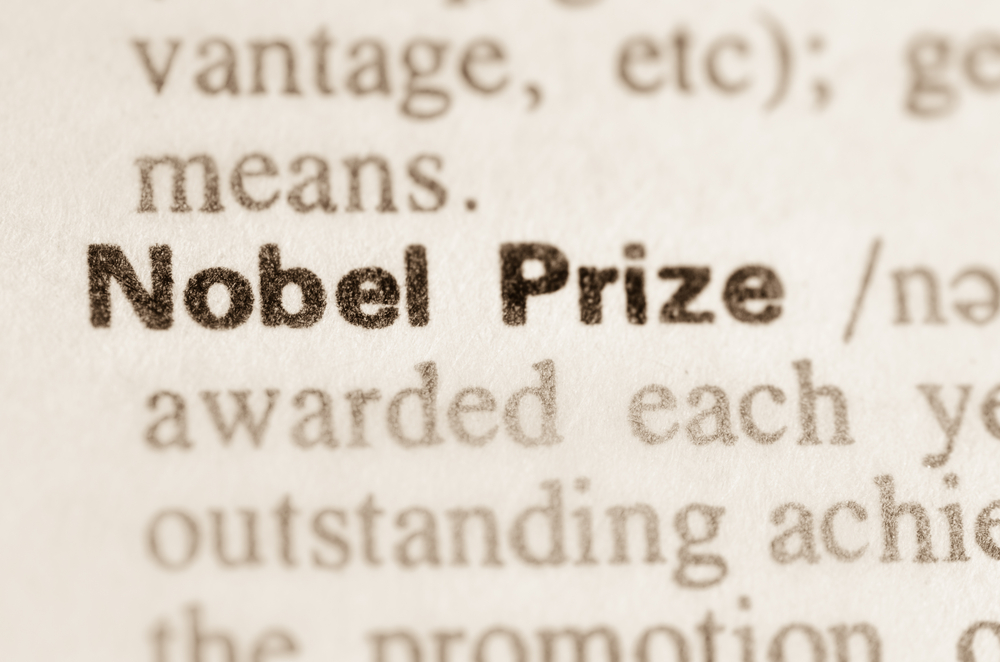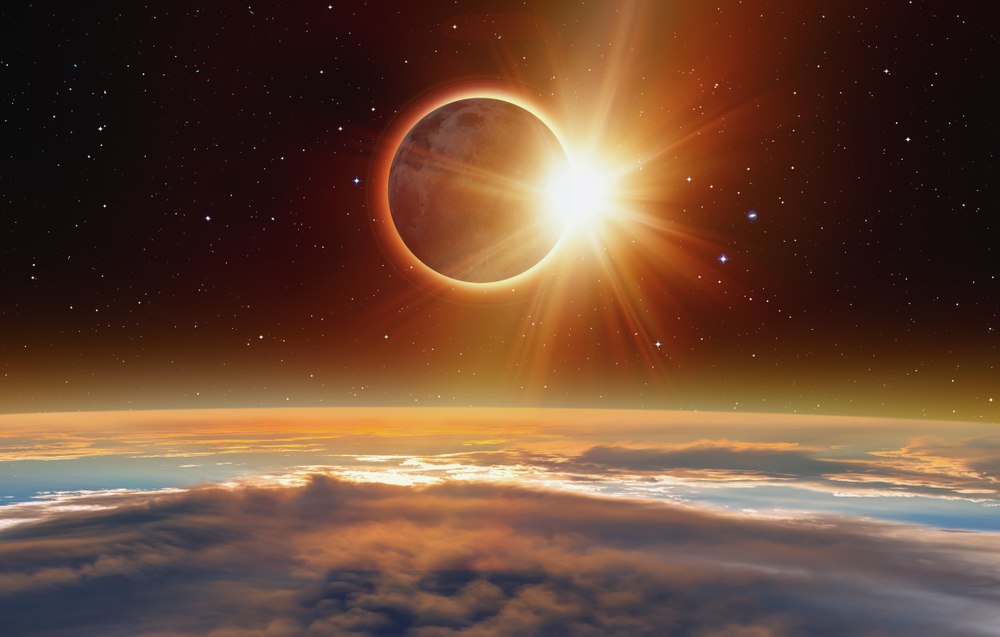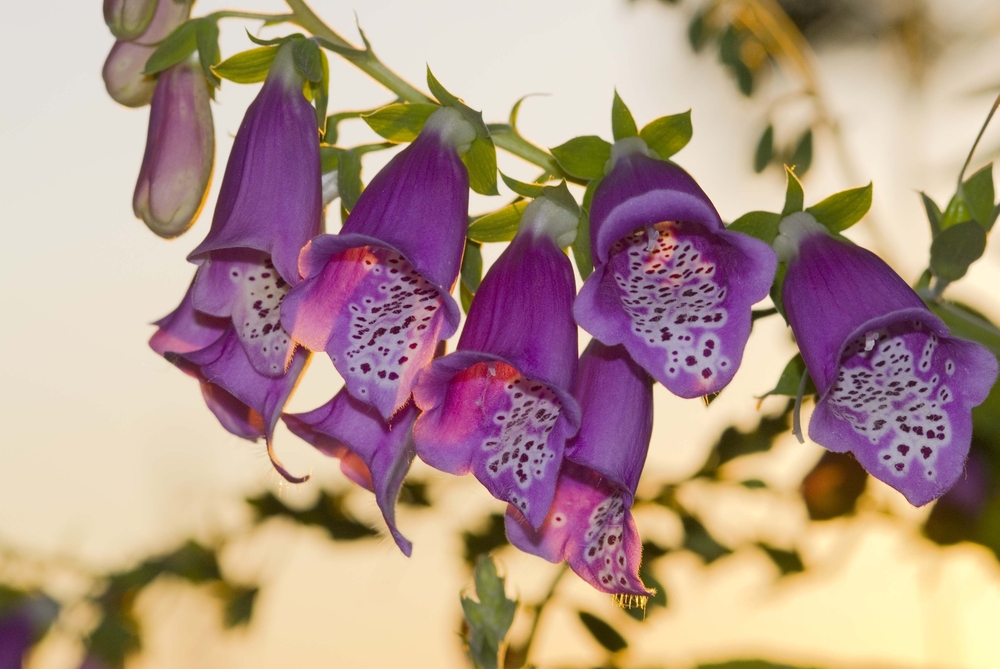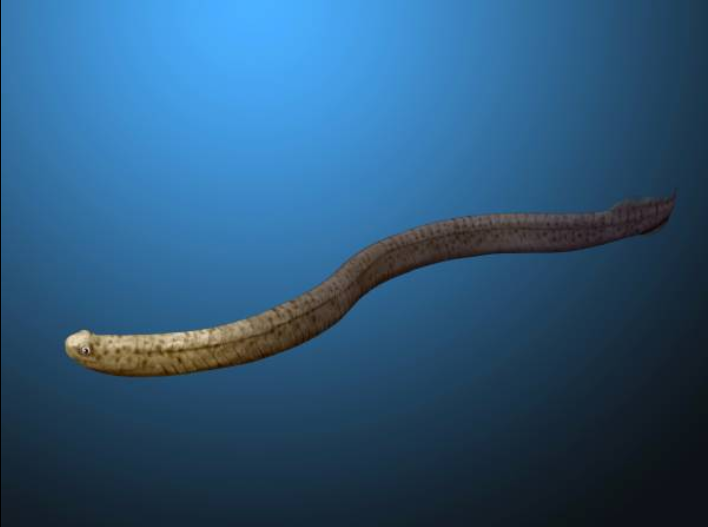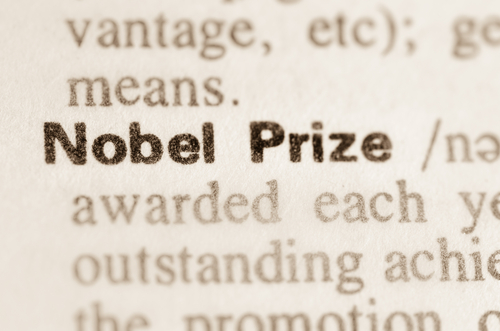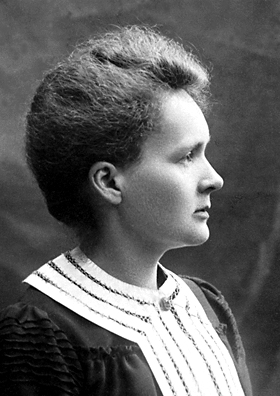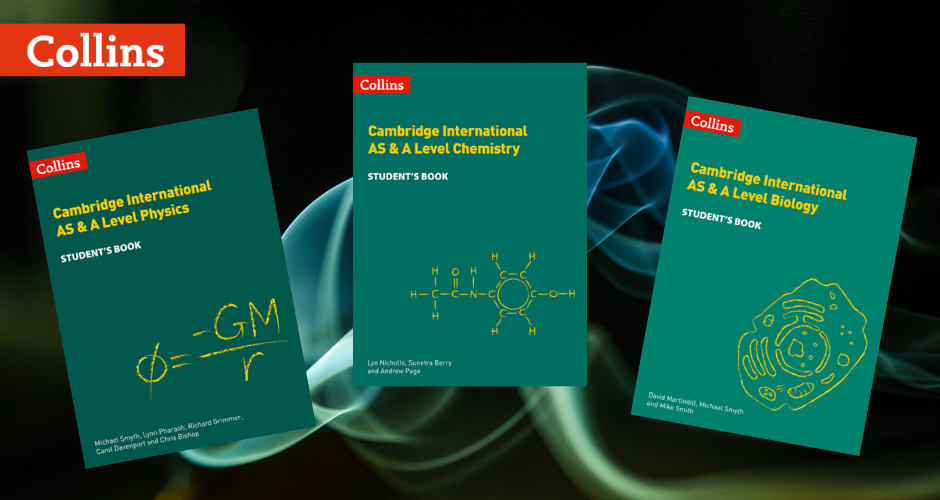
AS & A Level science skills by remote learning
Many students find science skills to be challenging in the usual school lab setting, but learning remotely can make this challenge seem greater. Getting students to do past practical papers (or parts of these) can be valuable, but this approach alone will not be sufficient for students to develop a… Read More
